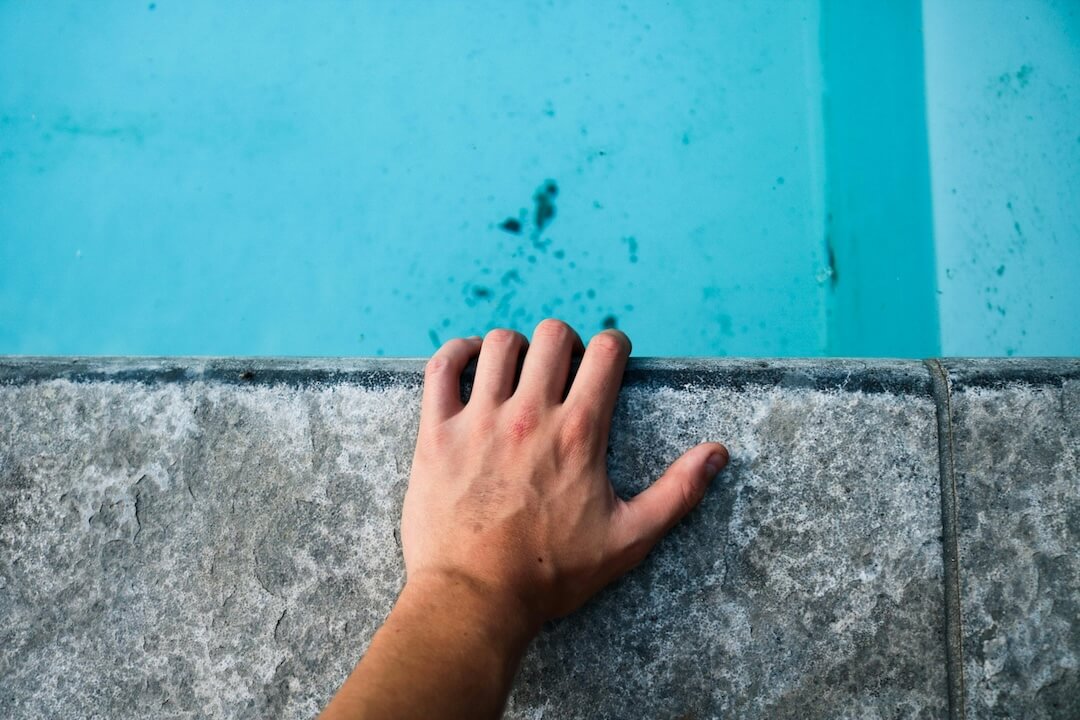How to Balance Pool pH Levels

How to Balance Pool pH Levels
Maintaining the correct pH level in your pool is crucial for ensuring safe, clean, and inviting water. In Davie, where the warm climate often encourages extended swimming seasons, keeping your pool’s pH balanced becomes even more important. Proper pH levels not only improve water clarity but also protect your pool equipment and enhance the effectiveness of sanitizers like chlorine. Our pool experts in Davie are here to guide you through the steps of testing, adjusting, and maintaining ideal pH levels to keep your pool in top condition throughout the year.
Understanding the Importance of pH Balance in Your Pool
The pH level of your pool water measures its acidity or alkalinity on a scale from 0 to 14. For pools, the ideal pH range is typically between 7.2 and 7.6. When the pH is within this range, the water is considered balanced, which promotes comfort for swimmers and maximizes the effectiveness of sanitizers. In Davie’s climate, pool water can become unbalanced more quickly due to high temperatures, increased evaporation, and use of chemicals. If the pH drops below 7.2, the water becomes more acidic, which can cause skin irritation, corrosion of pool equipment, and cloudy water. Conversely, if it rises above 7.6, the water becomes alkaline, leading to scaling, algae growth, and reduced sanitizer efficiency.
Maintaining proper pH levels is more than just about water clarity; it’s vital for the health and safety of everyone enjoying your pool. Our specialists recommend regular testing and prompt adjustments to prevent problems before they escalate.
How to Test Your Pool pH Levels
Testing your pool’s pH levels accurately is the first step toward effective maintenance. In Davie, many pool owners use either liquid test kits or digital test strips. Both methods are straightforward and provide quick results. To test your pool water, collect a sample from elbow-depth in the pool, avoiding areas with heavy debris or splashes from the surface. Follow the instructions specific to your testing kit for best results.
Regular testing is essential—at least once a week during the swimming season and more frequently during hot, dry spells or after heavy use. Keep a log of your pH readings to monitor trends and determine the right adjustments. If your results show a pH below 7.2 or above 7.6, it’s time to take action to bring the levels back into balance.
How to Adjust Your Pool pH Levels
When your tests reveal that your pool’s pH is outside the ideal range, adjusting it involves adding specific chemicals. To raise pH levels that are too low (acidic water), our pool experts recommend adding a pH increaser, commonly sodium carbonate (soda ash). Always add chemicals gradually and in small amounts to avoid overshooting the target level. It’s best to turn off the pool’s pump while adding chemicals and to circulate the water afterward for even distribution.
If your pH is too high (alkaline water), adding a pH reducer such as muriatic acid or sodium bisulfate will help bring it down. Carefully follow the manufacturer’s instructions and wear appropriate safety gear. Add the chemical slowly to the deep end of the pool while the pump is running, then allow the water to circulate thoroughly.
In Davie’s hot climate, fluctuations in pH can occur more frequently, making regular testing and prompt adjustments necessary. Remember, never mix chemicals directly together, and always handle them with care to ensure safety.
Additional Tips for Maintaining Pool pH Balance in Davie
Consistent pool maintenance is key to keeping your water chemistry balanced. Our experts advise checking your pH levels at least once a week, especially during the peak swimming season when usage increases. Proper filtration and regular cleaning remove debris that can interfere with water chemistry.
Monitoring cyanuric acid levels is also important, as this stabilizer affects chlorine’s effectiveness, which in turn influences pH balance. In Davie, where sunlight and heat are abundant, maintaining appropriate stabilizer levels can prevent sudden pH swings.
Seasonal adjustments are necessary as well. Before opening your pool for the summer, have your water tested and balanced. During the off-season, occasional testing ensures that the water remains in good condition for the next use.
Using high-quality chemicals and following dosage instructions precisely will help you avoid common issues like overcorrection or chemical imbalances. Our pool specialists are always available to assist with professional testing and chemical management if needed.
When to Call a Pool Professional in Davie
While regular testing and small adjustments can be managed by most pool owners, there are situations where professional help is beneficial. If you notice persistent pH imbalance despite following best practices, or if your pool water remains cloudy or develops algae, it’s time to consult our experts.
Professionals can perform comprehensive water testing, identify underlying issues, and recommend tailored treatment plans. They can also inspect your filtration system and chemical dispensers to ensure everything operates efficiently. In Davie, where environmental factors can complicate pool maintenance, relying on trained specialists ensures your pool remains safe, clear, and enjoyable for your family.
Conclusion: Achieving Perfect Pool pH Balance in Davie
Maintaining the correct pH level in your pool is an ongoing task that requires attention and care. With consistent testing, proper chemical adjustments, and routine maintenance, you can ensure your pool water stays balanced, healthy, and inviting. Our Davie pool specialists are dedicated to helping you achieve optimal water chemistry, providing expert advice and services whenever needed.
Remember, a well-balanced pool not only looks better but also extends the lifespan of your equipment and creates a safer environment for everyone. Contact us today to learn more about our professional pool services and how we can assist you in maintaining perfect pH levels all year round. Proper care now means more enjoyable swimming experiences in the future.



